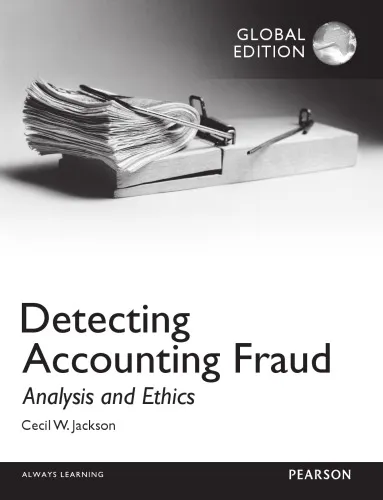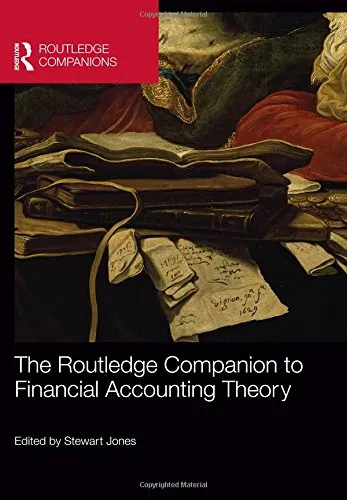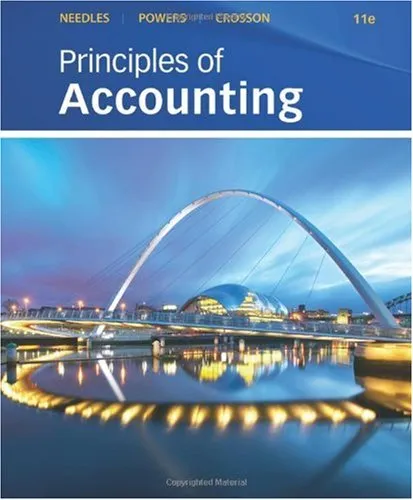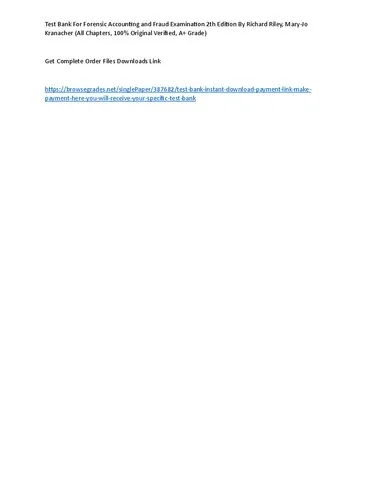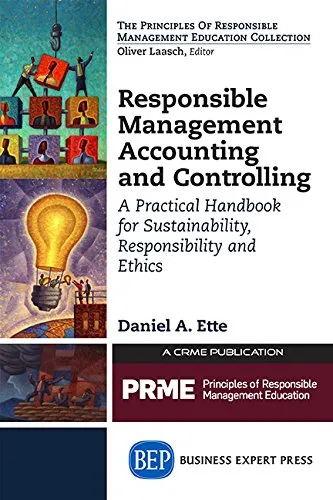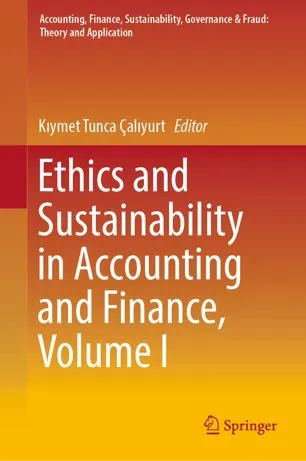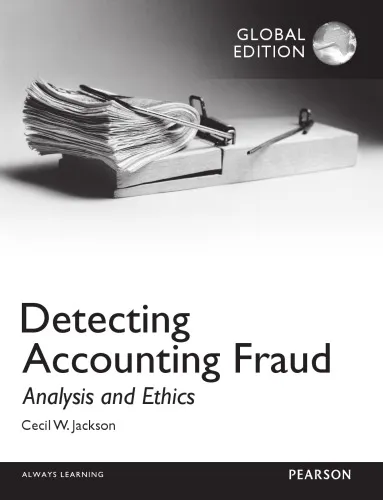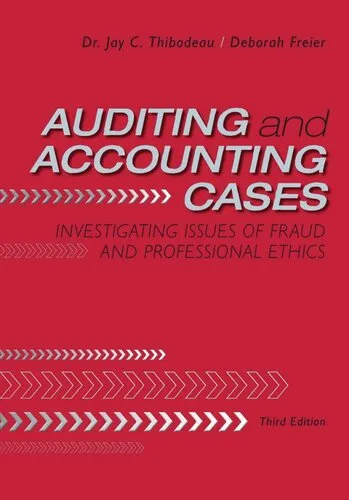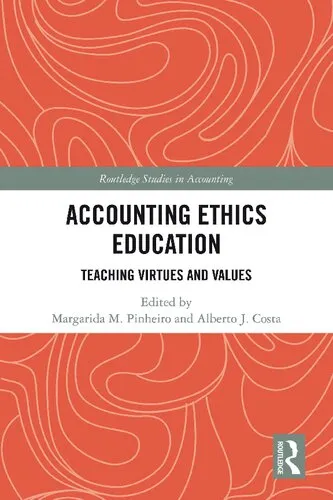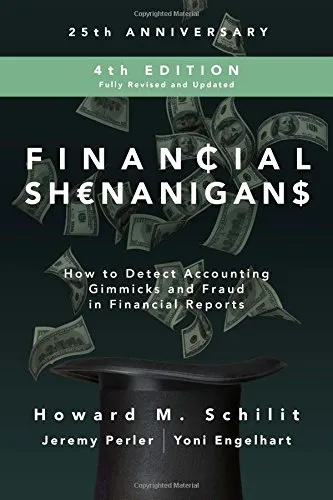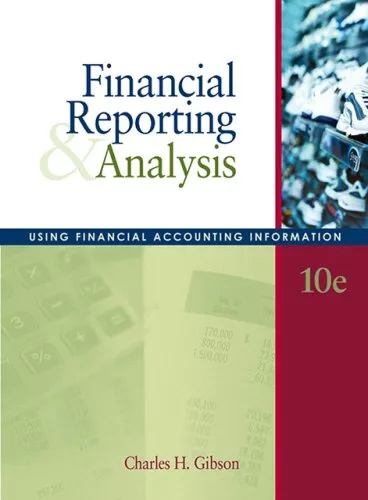Detecting accounting fraud: analysis and ethics
4.4
Reviews from our users

You Can Ask your questions from this book's AI after Login
Each download or ask from book AI costs 2 points. To earn more free points, please visit the Points Guide Page and complete some valuable actions.Related Refrences:
Introduction to Detecting Accounting Fraud: Analysis and Ethics
Welcome to the detailed introduction of Detecting Accounting Fraud: Analysis and Ethics, a comprehensive guide that delves into the intricate world of accounting fraud. This book serves as a beacon for professionals, students, and interested readers who wish to gain an in-depth understanding of fraud detection through meticulous analysis and the unwavering lens of ethics.
Detailed Summary of the Book
In an era where financial calamities caused by deceptive practices are all too common, Detecting Accounting Fraud: Analysis and Ethics emerges as a critical tool. This book meticulously explores the various dimensions of accounting fraud, offering both theoretical insights and practical strategies to combat fraudulent activities. With the goal of equipping readers with the knowledge to recognize and address dubious accounting practices, this book covers a wide array of topics, including:
- Importance of ethical practices in financial reporting.
- Comprehensive methods for identifying red flags indicative of accounting misconduct.
- Case studies that illustrate real-world instances of fraud and their repercussions.
- Frameworks and models designed to fortify organizational controls against fraud.
- A deep dive into the legal consequences of fraudulent activities.
The narrative is structured to guide readers through the basics of fraud detection and gradually introduce more complex scenarios and solutions, making it both an educational and engaging read.
Key Takeaways
The book is structured to impart several key insights that are crucial in the fight against accounting fraud. Here's what readers can anticipate learning:
- Enhanced Detection Skills: Gain the ability to identify subtle signs of fraud through deep analysis and critical thinking approaches.
- Ethical Frameworks: Understand the importance of ethics in financial practices and how to implement ethical guidelines in organizations.
- Preventative Measures: Learn how to develop and apply controls to deter fraudulent activities before they manifest.
- Insightful Case Studies: Analyze real-world examples of fraud to understand complexities and methods used by fraudsters.
Famous Quotes from the Book
Throughout the book, several impactful statements underscore its thematic core:
"Ethics is the invisible force that separates mundane accounting from masterful accounting that fosters trust."
"Fraud thrives in the shadows of ignorance and complacency; illuminating those corners is our collective responsibility."
Why This Book Matters
In today's complex financial landscape, Detecting Accounting Fraud: Analysis and Ethics provides indispensable insights and knowledge that are crucial for not just accounting professionals but anyone involved in financial decision-making. Fraud not only distorts financial realities but also erodes trust, affecting stakeholders at all levels. This book matters because it:
- Empowers Ethical Decision-Making: Encourages a strong ethical foundation that discourages fraudulent behavior.
- Educates on Legal and Financial Implications: Breaks down the severe consequences of fraud and provides a legal perspective.
- Practical Solutions for Real Problems: Offers actionable strategies to detect, prevent, and respond to fraud effectively.
Thus, this book serves not just as an educational text but as a call to action for individuals to remain vigilant and uphold the principles of accuracy and honesty in the realm of financial accounting.
Free Direct Download
You Can Download this book after Login
Accessing books through legal platforms and public libraries not only supports the rights of authors and publishers but also contributes to the sustainability of reading culture. Before downloading, please take a moment to consider these options.
Find this book on other platforms:
WorldCat helps you find books in libraries worldwide.
See ratings, reviews, and discussions on Goodreads.
Find and buy rare or used books on AbeBooks.
1368
بازدید4.4
امتیاز0
نظر98%
رضایتReviews:
4.4
Based on 0 users review
Questions & Answers
Ask questions about this book or help others by answering
No questions yet. Be the first to ask!
